You won’t understand anything about the imagination until you realise that it’s not about making things up, it’s about perception.
The Secret Commonwealth is the second in The Book of Dust trilogy, but the first and second books are separated in time by the original His Dark Materials trilogy. The sequence goes:
- La Belle Sauvage - The Book of Dust #1 - Lyra is a baby, under a year old
- His Dark Materials trilogy - Lyra ages from around 11 to 13 over the course of the trilogy
- Lyra's Oxford - a standalone novella - Lyra is 15
- The Secret Commonwealth - Lyra is 20
While La Belle Sauvage could be read as a standalone story, The Secret Commonwealth has an abrupt ending which (hopefully) leads directly to the final book. At this time, there is no estimated publication date and the expected title has not been revealed. Given that Pullman made people wait 3 years between the second and third books of the His Dark Materials, I may have made a serious mistake in reading this book at the moment. Because there is a lot going on in The Secret Commonwealth and I really want to know what will come next and how Pullman will resolve a fairly complex plot.
There is so much happening in this book, it will be interesting to see what Pullman intends to do and how he will tie the story all up neatly. The overall background is the increasing power of the church and of their control over all aspects of life. Universities are no longer truly independent places of study, but dependent on the goodwill of the church for survival. There is a disruption in the trade of an important commodity (rose oil), and economic repercussions are being felt in the west. The disruption in the rose trade is a result of terrorism, from the activities of a small band of religious fanatics who dictate that God is offended by the stench of roses. There is also an increasing refugee crisis. It doesn't appear to have reached England at the start of the book, but is referenced more and more as our main characters travel from England to Europe and towards the Middle East. And against all of this background, a powerful member of the church is seeking Lyra for unspecified reasons.
The refugee experience is introduced subtly. At first there are just a few references, such as an overheard conversation between two sailors about their ship's captain selling a batch of desperate travellers into slavery. But the references become more frequent and more graphic as we head east. A ferry Lyra is travelling on collides with a smaller boat, overcrowded and sailing without a light, and destroys it, with many of the passengers drowning. As Lyra travels further, she sees desperate families trying to find shelter and food. Pullman illustrates the desperate life of refugees, the abuses they can suffer at the hands of unscrupulous men (being sold as slaves is fairly minor compared to something which happens later), and the way families can be torn apart, but does this as part of the background to his story, rather than making it the focus of the story.
There are obvious parallels between the world of the Secret Commonwealth and our world. Apart from a few remaining aspects of fantasy, the story could easily be set in our world, with turmoil in the Middle East and increasing right wing extremism in the West. The steampunkish world Pullman created for His Dark Materials seems to have faded into a much more mundane world. I noticed this in La Belle Sauvage as well. I think part of this is that Lyra was a child in the first trilogy and saw the world through a child's eye. She is no longer a child in this book, and her world view is a bit more sophisticated. She has lost her ability to feel wonder at many aspects of her world and because of this, the world of the book is a much more mundane one for the reader, also.
At the opening of this book, Lyra has become too rational, at least in the eyes of Pantalaimon (her daemon), and this causes the two to be increasingly at odds with each other. The Secret Commonwealth is revealed to be the world beyond rationality, a world of imagination, of folklore and stories, a world which Lyra has lost. This was something I didn't understand in La Belle Sauvage; why Pullman had included several interludes that seemed to be taken from fairytales amongst the horror of the floods Malcolm and Alice were subjected to with baby Lyra. While I still think those sections dragged a little and could possibly benefit from some editing, I now understand they served to reveal part of these wonders’ existence in our world, and that Lyra has forgotten them in her attempts to be a rational scholar. A major part of this book is Lyra’s realisation as to what she has lost and her attempts to take steps to get it back again. The journey is a hard one and very painful for Lyra, and it isn't really resolved at the end of the novel. We can only wait, now, for the final book to see if Lyra is able to overcome the self-hatred which seems to overwhelm her in much of this book.
Overall, I enjoyed this book, but was disappointed to have nothing resolved, and therefore having to wait for the third book to start tying all the loose ends of this story together. I liked the acknowledgement that the heroine of the earlier trilogy has now grown up and has to face grown-up problems. I look forward to the third book and the conclusion of this story.

 RSS Feed
RSS Feed Facebook
Facebook Instagram
Instagram YouTube
YouTube Subscribe to our Newsletter
Subscribe to our Newsletter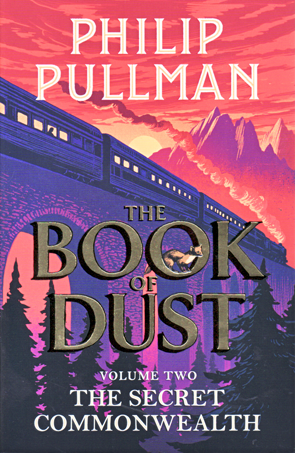

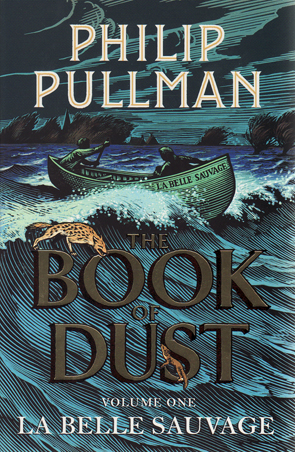
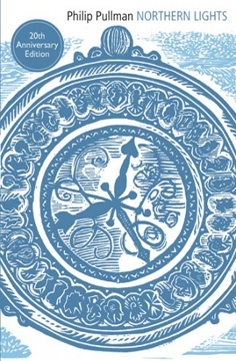
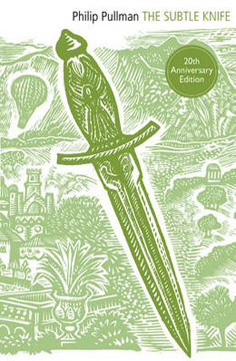
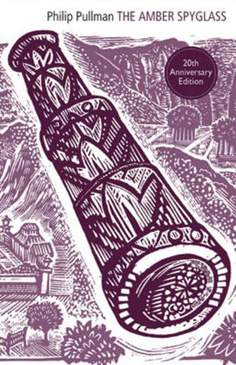
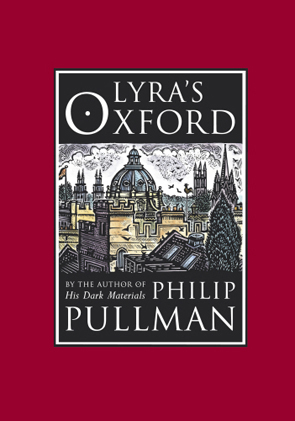

No one has commented yet. Be the first!